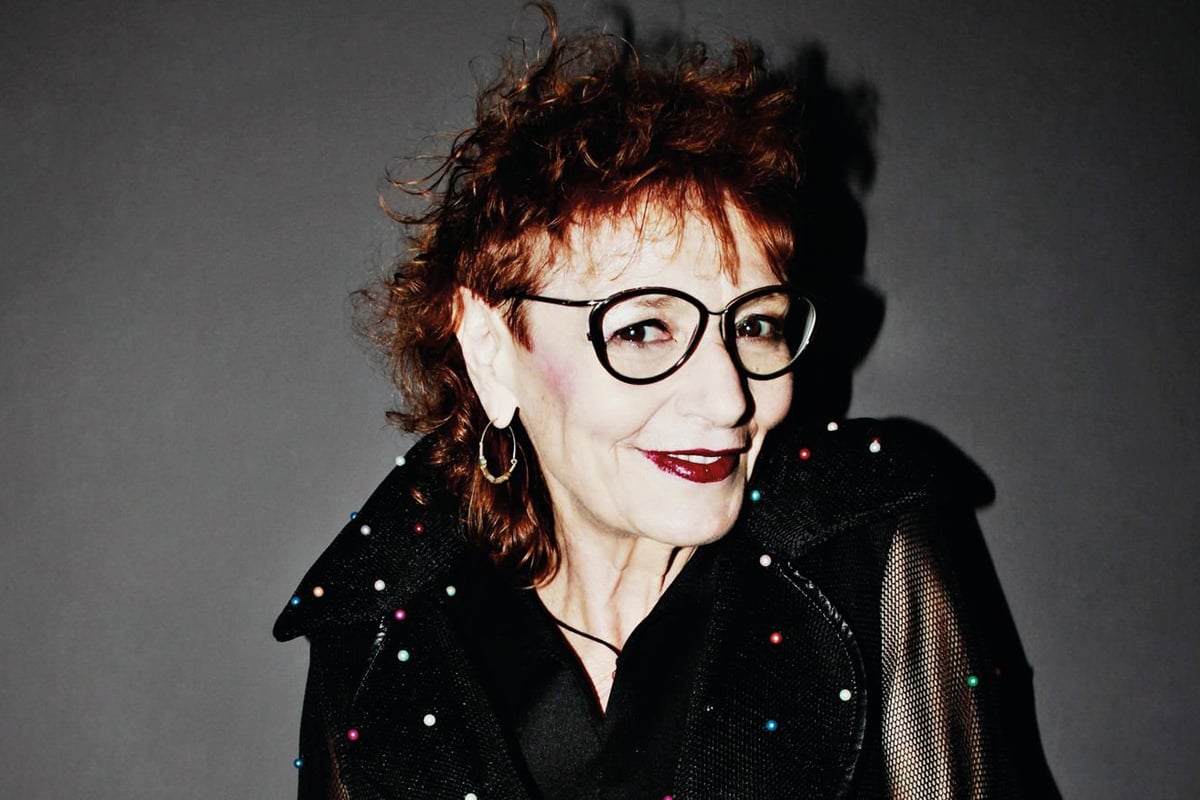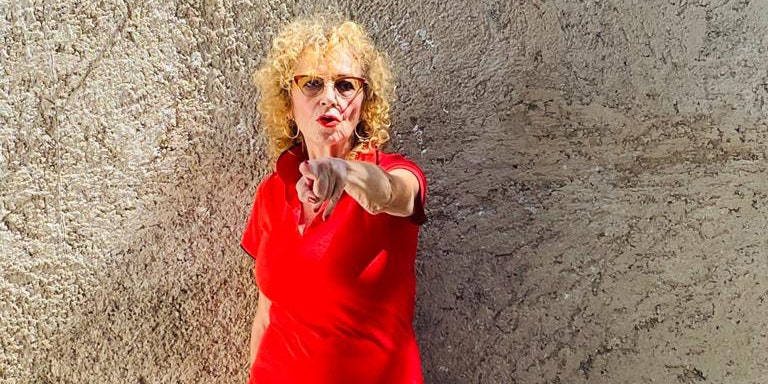Vivien Goldman Talks Cultural Appropriation And Working With Bob Marley

British writer and musician Vivien Goldman began her career as a journalist for Cassettes and Cartridges. Goldman then became a PR officer for Atlantic Records and then Island Records, where she worked with Bob Marley. She was a writer and editor for the London-based Sounds magazine in the late 1970s. In the early 1980s, she began making documentaries for Channel Four television, developing and producing the world-music show Big World Cafe.
In this interview, we talk about cultural appropriation, modern music, and the impact of Bob Marley over the years.
Where are you from?
I am from London. I am a child of refugees. My parents escaped from Nazi Germany and that’s how I came to be a Londoner.
Do you find that there are similarities between your upbringing and what you came to find in Jamaica?
In my book, I had a chance to explore the connections. Rastas and Jews follow dietary codes that are similar. Jamaicans are diasporas people and the Jews are the same. We are people who survived oppression. Bob Marley understood about Zion and so do I.
How did you meet Bob Marley and what was that experience like?
It was formative and beautiful and I knew it at the time too. In the mid-late seventies, Bob was getting a stride and I got a job to do the PR for Bob, The Wailers, Burning Spear and Steel Pulse, a pretty cool job right? At the time they weren’t so well known but everybody was keen to make that cultural shift that Bob represented. He galvanized and gave an identity to the youth of England. It set a high bar for my life to have him as a mentor.
What was the first thing he said when you met him?
My father had just died and I was expecting something sympathetic and he was rough, he said “ok soldier let get on with it”. That was the orthodoxy at the time, the old school way to deal with death.
What period did you work directly with Bob Marley?
I was always in touch with him until the end.
What made you want to get into reggae music?
I am a musical person, you have to workout your skillset and what the marketplace requires. I became a music journalist and sometimes teach how to do it. People still love music and want to learn more about their music but at the time it was a gig.
What’s the key to being a good music journalist?
You have to love music. There are several levels. You have to have something to say, you have to respond to music to have an analysis and have a context. When the music was at its highest there was not much music because the music business was still young but now there is a flood of music and people aren’t getting much to monitor it. I always understood the music and could interpret the music and I could write.
I teach music journalism at New York Universities at the Clive Davis School of Recorded music and I taught Music Journalism at Rutgers University. You have to think differently and you need a vision and build your community.

People say many artists get success because of their appearance. Do you think having a lighter skin helps artists?
It is possible but that alone won’t do it. You have to have something else. The one thing I learned from Bob Marley is tenacity and showing up on time. Three little words “Do The Work”.
Jamaican artists sometimes say outsiders are exploiting the music and Jamaican artists aren’t benefiting.
The music business has always been an exploitative one. We could talk a long time about cultural appropriation but when the Police came out with Roxanne I said how could they rip off like this and Sly from Sly and Robbie said to me are you kidding, they are developing a taste for what we offer. He has had a good career.
Do you encourage artists to become entrepreneurs?
Know your skills and skill set. It’s an equation, look at the marketplace and see what’s working. If you can work out what your skillset is and be open, be ready for opportunity and know what you are best at. Ask yourself what do I have to offer? and where does it intersect with the marketplace so I can keep going?
What’s your connection to Chris Blackwell?
Call it destiny or karma, I worked with him closely for an intense seven months because I felt the music and did an effective job.
Thank you so much.
Thanks for having me.
email worldmusicviews@gmail.com
